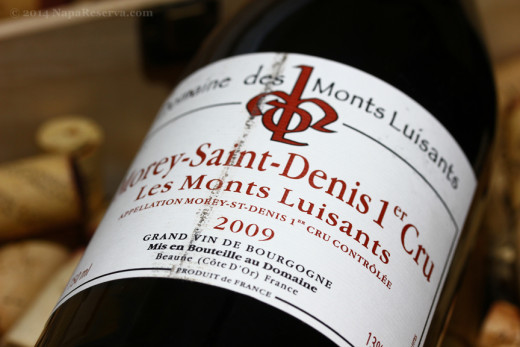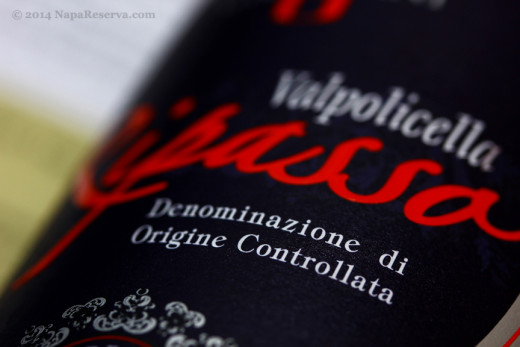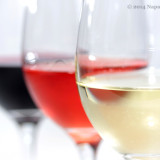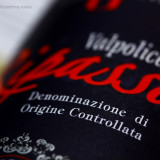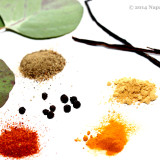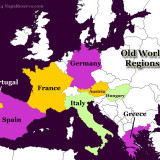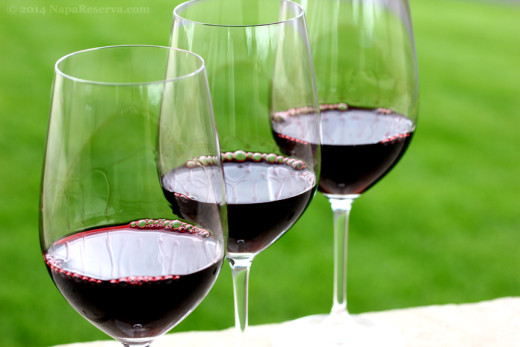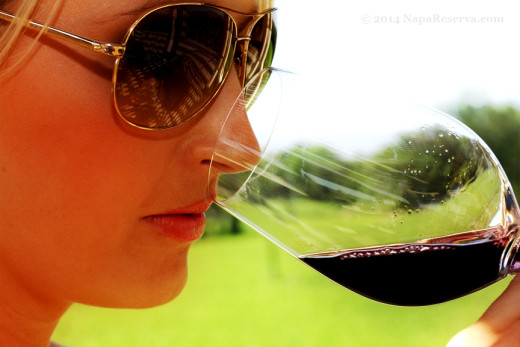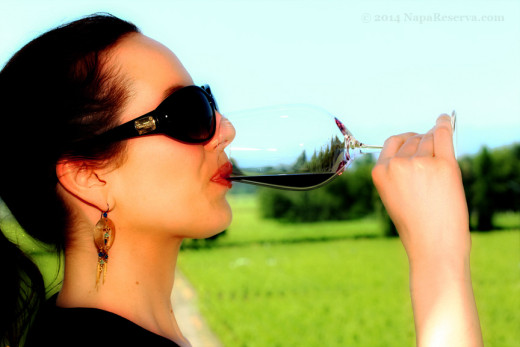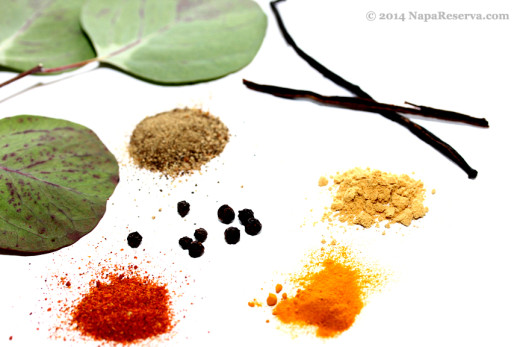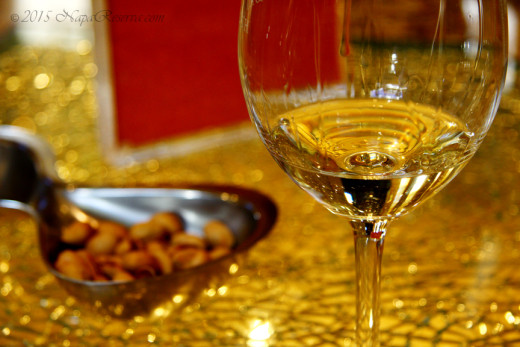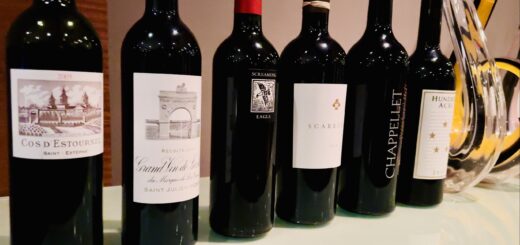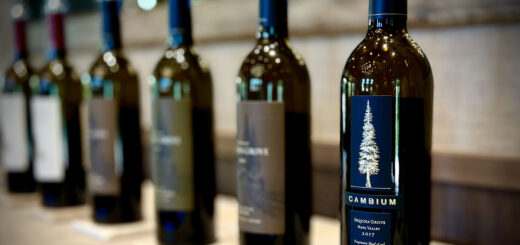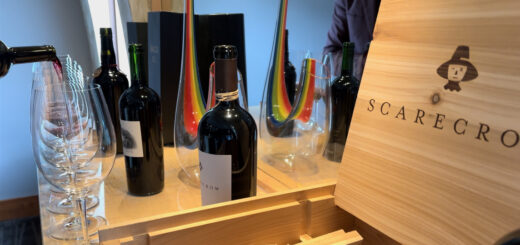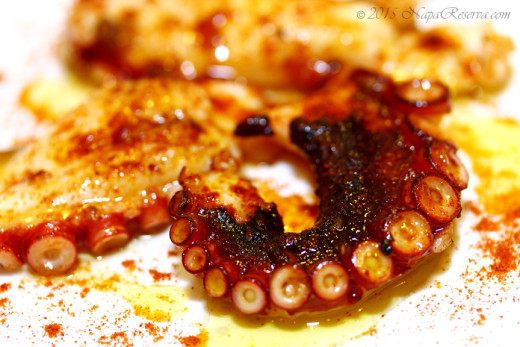Reserve, Riserva and Reserva, what do they really mean?
Since the invention of glass bottles and corks, winemaker realized that aging wine improved its flavors and texture. Almost anywhere in the world, wineries often sort their grapes from more than one vineyard, due to variation of climates, soil and growing conditions some vineyards will produce higher quality grapes than others. Knowing this fact, winemakers will also make different labels (or classes) of wines based on the quality of grapes harvested. Higher quality wines usually take longer to develop flavors, depth and harmony. The term “Reserve” implies that these wine are reserved or to be saved for further aging. On the other hand, “reserve” could also mean it is a special wine, and is reserved for special guests or special events.
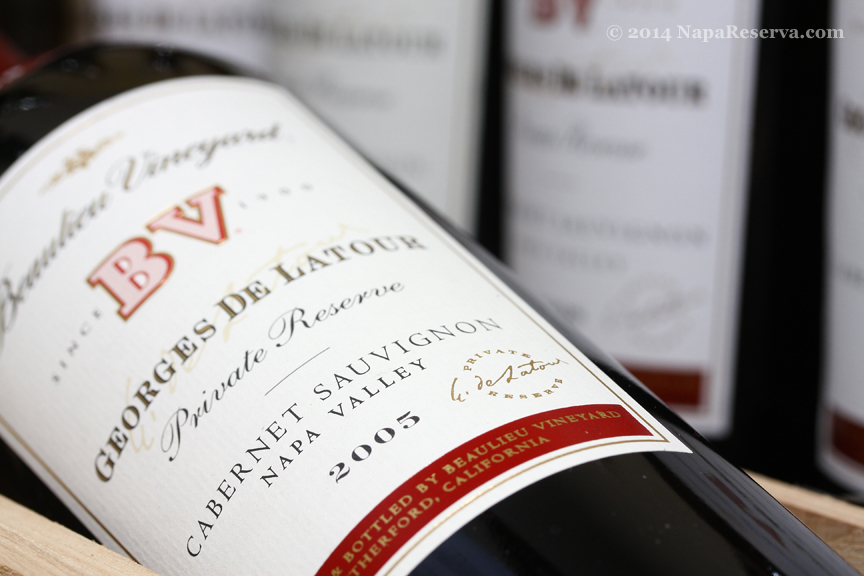 In most wine regions, both old and new world, “Reserve” carries little meaning. The winemakers can use it at his/her discretion. In California, Beaulieu Vineyards and Robert Mondavi Winery label their wine “Reserve” to signify its superior quality distinguishing from lower quality wines, also coming from the same producers. Some producers -however- label “Reserve” on all of their wines, solely for marketing reason.
In most wine regions, both old and new world, “Reserve” carries little meaning. The winemakers can use it at his/her discretion. In California, Beaulieu Vineyards and Robert Mondavi Winery label their wine “Reserve” to signify its superior quality distinguishing from lower quality wines, also coming from the same producers. Some producers -however- label “Reserve” on all of their wines, solely for marketing reason.
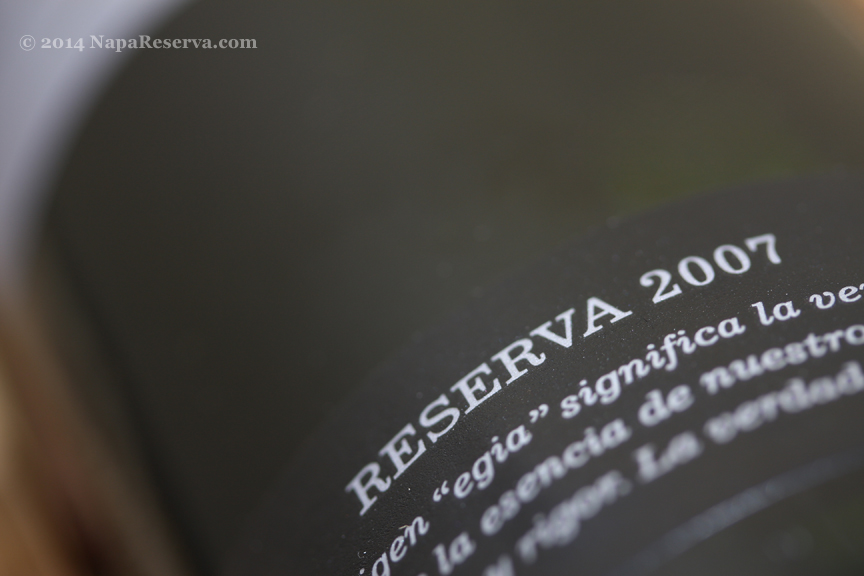 There are less than a hand-full of countries where “Reserve” not only means superior wines but is also part of the designated quality classifications. Although white wines do benefit from aging, but they are meant for much early consumption than red whites, this case extended-aging isn’t sought after as much as for red wine. Therefore, requirements for “reserve” designation for white wine are less stringent.
There are less than a hand-full of countries where “Reserve” not only means superior wines but is also part of the designated quality classifications. Although white wines do benefit from aging, but they are meant for much early consumption than red whites, this case extended-aging isn’t sought after as much as for red wine. Therefore, requirements for “reserve” designation for white wine are less stringent.

